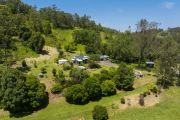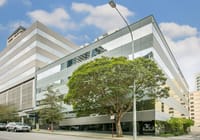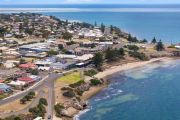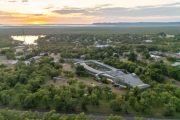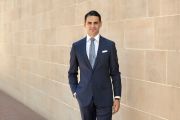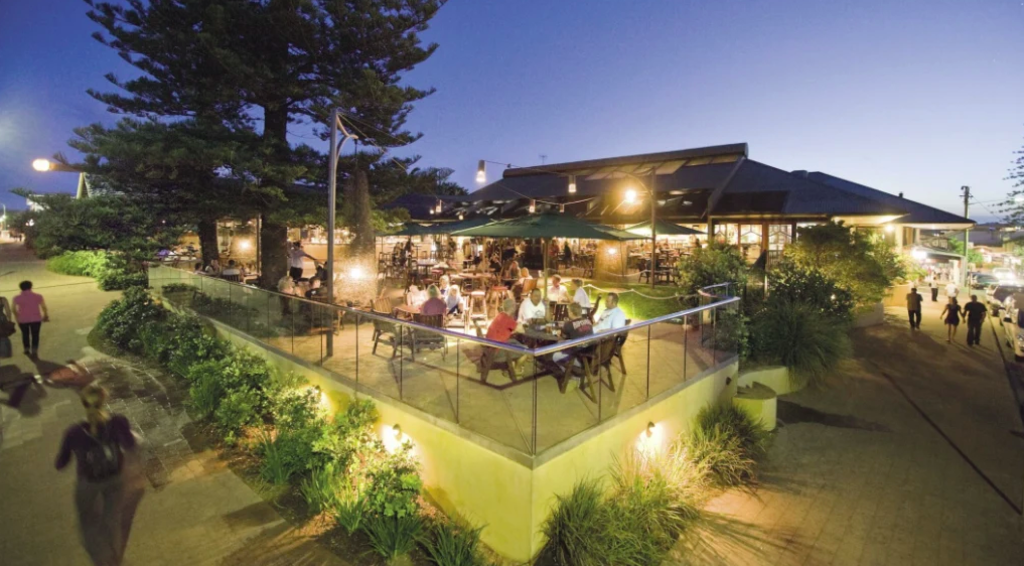
Multimillion-dollar family feud triggered by sale of Byron Bay's Beach Hotel
Wealthy businessman and race car driver Max Twigg has lost a messy NSW Supreme Court battle with his mother over a multimillion-dollar portfolio of assets including real estate, cash and a $650,000 Porsche.
Mr Twigg, the former owner of Byron Bay’s Beach Hotel, has been locked in a protracted dispute with his mother over the sale of the family’s waste disposal and landfill business in 2007, and how the $155.8 million proceeds were spent.
The family feud appeared to come to a head after he sold the hotel in 2017 for $70 million.
The Twigg family’s assets were held in a series of trusts. Mr Twigg, his mother Diane and his sisters Frances and Elizabeth were the beneficiaries.
Mr Twigg took over the family business in 1996 when he was 25, after the death of his father. Diane Twigg was shareholder and director of the family trusts’ corporate trustees, and later appointed her son as a second director.
Almost $114 million of the proceeds from the sale of the business were paid into the account of one of the corporate trustees, the court heard.
In a judgment on Monday, Supreme Court Justice Michael Ball said it was “not possible” to say what happened to all of the sale proceeds, but “a substantial proportion” went to Mr Twigg. Mr Twigg’s mother and sisters received $5 million each as a “gift” but lost it on investments during the global financial crisis.
Justice Ball said it appeared Mr Twigg thought the success of the business was the result of his efforts “and that as a consequence he was entitled to the lion’s share”.
Mr Twigg used the proceeds to make a series of investments, including to pay part of the $47.2 million purchase price for the Beach Hotel at Byron Bay in 2007. He sold the hotel in 2017 for $70 million.
Diane Twigg and the three corporate trustees launched court action against Mr Twigg. They alleged he breached his fiduciary duties – legal duties requiring a person to act in the interests of another person or company – by causing the companies to distribute trust assets in breach of the trusts.
Justice Ball agreed. He said the power to deal with the trust assets was “invested in the corporate trustees” and the fact that Mr Twigg was a director of those companies did not give him the power to act as he did.
But he also said Diane Twigg was slow to take legal action. She was aware her son had an “extravagant lifestyle, which included racing expensive sports cars”, and knew by about 2009 that he had dealt with the sale proceeds “without consulting her and largely for his own benefit”.
Justice Ball concluded a series of properties and other assets were “held on trust” for Diane Twigg and the corporate trustees, including a property in Miami, Queensland, that Mr Twigg brought for $820,000 in 2017, a $1.75 million Palm Beach property, $9 million in cash and a $650,000 Porsche.

